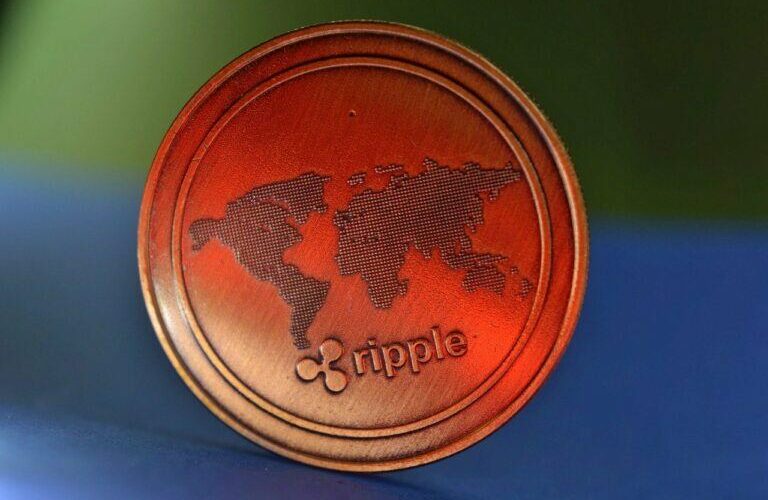$XRP: Ripple CTO Explains How XRP Ledger Can Help Carbon Markets and the Gaming Space
David Schwartz, who is Ripple’s Chief Cryptographer and Chief Technology Officer (CTO), has recently revealed he sees potential in carbon credits and gaming non-fungible tokens (NFTs), while still being excited about payments.
Speaking at an interview after the Decentral conference in Miami, as The Block reported, Schwartz revealed he is excited about blockchain technology on carbon credits because “the fit seems to be really good.”
Carbon credits are used to reduce greenhouse gas emissions. They are tradeable permit that allows an entity to emit a specific amount of greenhouse gases, allowing companies or countries emitting less to sell their excess emission allowances to other entities.
Per Ripple’s CTO, there are problems in carbon credits that blockchain technology could help resolve.
I think just because the fit seems to be really good. There’s a real problem in the carbon credit space right now of provenance and making sure that things aren’t issued, like there aren’t two sets of carbon credits.
During the interview Schwartz also mentioned that game is another area in which non-fungible tokens (NFTs) can help, as they could allow studios to easily bring users along to newer launches, as players are often comfortable with older titles and can be hesitant to follow developers into newer ones.
To Schwartz, the problem can be solved if in-game assets are turned to NFTs, which players would then be able to bring with them onto the new title. As a result, players wouldn’t lose their assets by switching to the new game.
Commenting on Ripple’s $250 million creator und and its use to leverage the $XRP Ledger and its high transaction throughput, Schwartz said the funds are carefully being deployed in a bid to avoid wasting funds on products and services that aren’t furthering adoption. He said:
There’s no reason for you to jump up and down and cluck like a chicken, and if I give you $1,000 you might do it and I might say ‘look, look, this is a real use case. This is a real solution.’ And actually, what’s happening is I’m paying you to do something.
As such, Ripple requires developers to build a minimum viable product and raise outside cash before receiving funds from Ripple. The CTO noted that to steer project builders” away from locking themselves into blockchains that have high fees and low throughput, or locking themselves into issuing a token that makes no sense for their project, money has to be part.”
Schwartz added that Ripple’s use of funds has to be “really careful” to ensure it isn’t going to create “the illusion of success and progress.” As CryptoGlobe reported, back in October Ripple unveiled the second wave of NFT projects to receive funding for their work on the $XRP Ledger.
Image Credit
Featured Image via Pixabay
Source: Read Full Article

